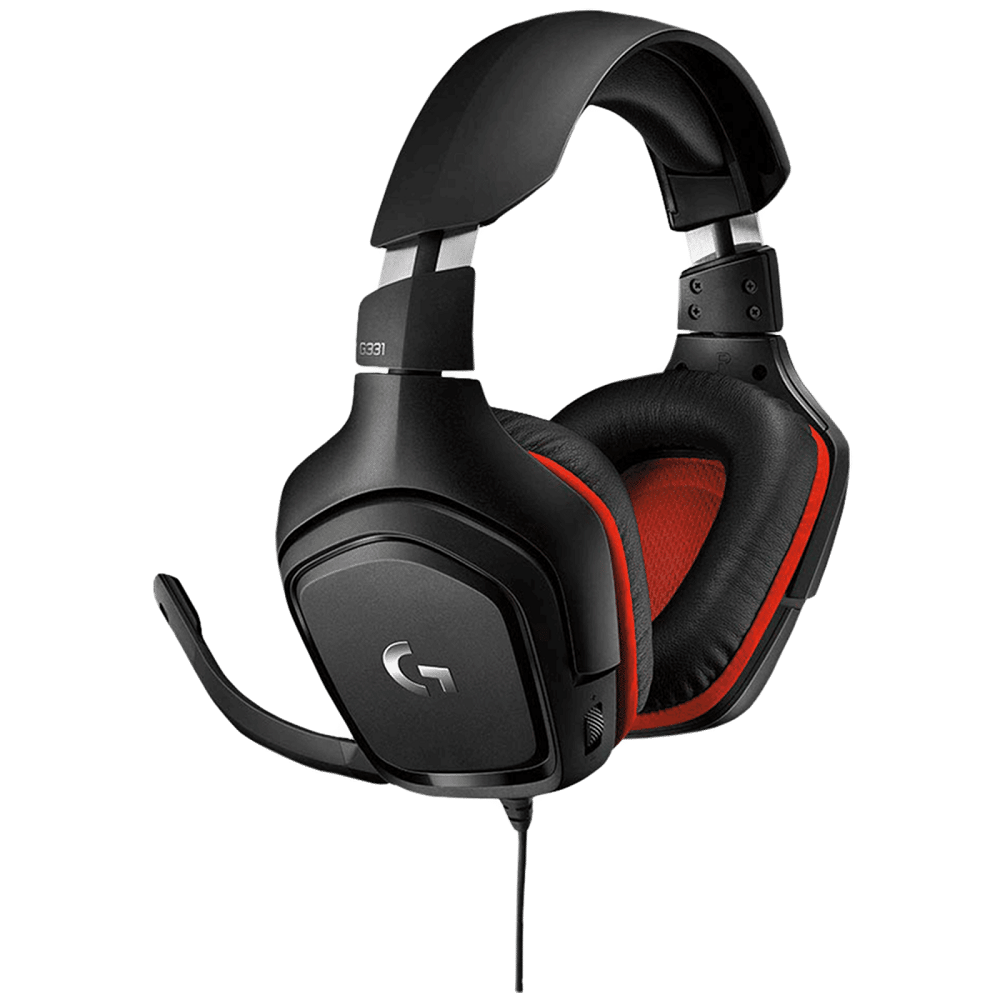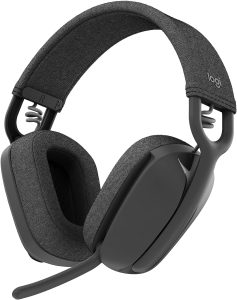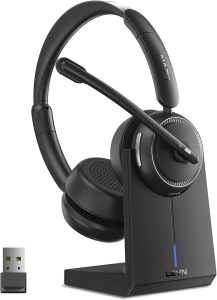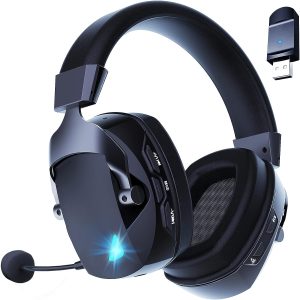Headsets have become essential for various activities, ranging from gaming to professional work calls and even listening to music. They enhance your experience by providing rich sound and clear communication. However, like any other electronic device, headset require regular maintenance to function optimally. Proper care can extend their lifespan and improve your overall experience. This article presents useful maintenance tips to help you keep your headset in top shape, ensuring that every sound is as crisp and clear as when you first unboxed your gear.
Regular Cleaning is Essential
Clean the Ear Cushions
One of the most critical maintenance steps involves regular cleaning of the ear cushions. Over time, these pads accumulate dirt, sweat, and oils from your skin, which can lead to unpleasant odors and affect sound quality. Use a soft, damp cloth to gently wipe down the ear cushions. For removable cushions, you can clean them more thoroughly. Some cushions are machine washable, while others might require soap and water. Always check the manufacturer’s guidelines for cleaning to avoid damaging the materials. Regular cleaning not only helps maintain hygiene but also keeps the cushions comfortable, enhancing sound isolation and your overall listening experience.
The Headband and Cables
Don’t forget to clean the headband and cables as well. Use a microfiber cloth to wipe down the headband to remove any dust or grime. For cables, inspect them for any fraying or wear; this is particularly important if you often coil and uncoil them. If the cables are dirty, wipe them with a damp cloth, but avoid using excessive moisture. Keeping these components clean ensures that your headset remains comfortable and functional throughout its life. After cleaning, allow everything to dry completely before using your headset again. This simple yet effective practice can prevent future issues, such as buildup that leads to irritation or even audio problems.
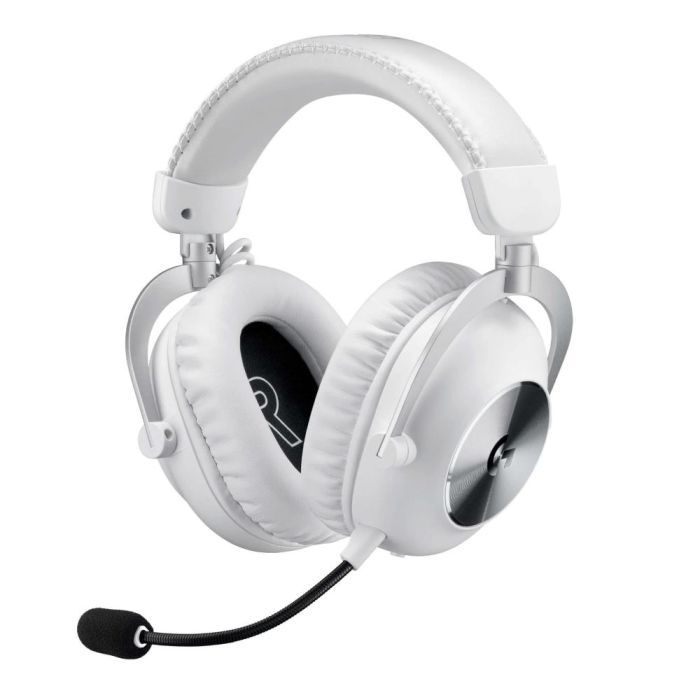
Store Your Headset Properly
Use a Case or Stand
Proper storage is vital for maintaining the integrity of your headset. Invest in a protective case or a headset stand when you’re not using it. Cases shield your headset from dust and potential damage, while stands prevent unnecessary pressure on the ear cups and cables. Storing your headset properly helps maintain its shape and keeps the components safe from scratches, dirt, or tangling. Many stands also allow your headset to “breathe,” preventing moisture buildup that could damage the materials over time.
Avoid Extreme Conditions
It’s also essential to avoid storing your headset in extreme conditions. High temperatures, humidity, or direct sunlight can damage the electronic components and the materials used in your headset. A cool, dry place is ideal for storage. Consider using a temperature-controlled environment if you have the option. Keeping your headset in a controlled environment ensures that it remains in good condition for long-term use. Over time, sensitivity to these environmental factors can impact sound quality or even lead to electronic failures, making proper storage critical.
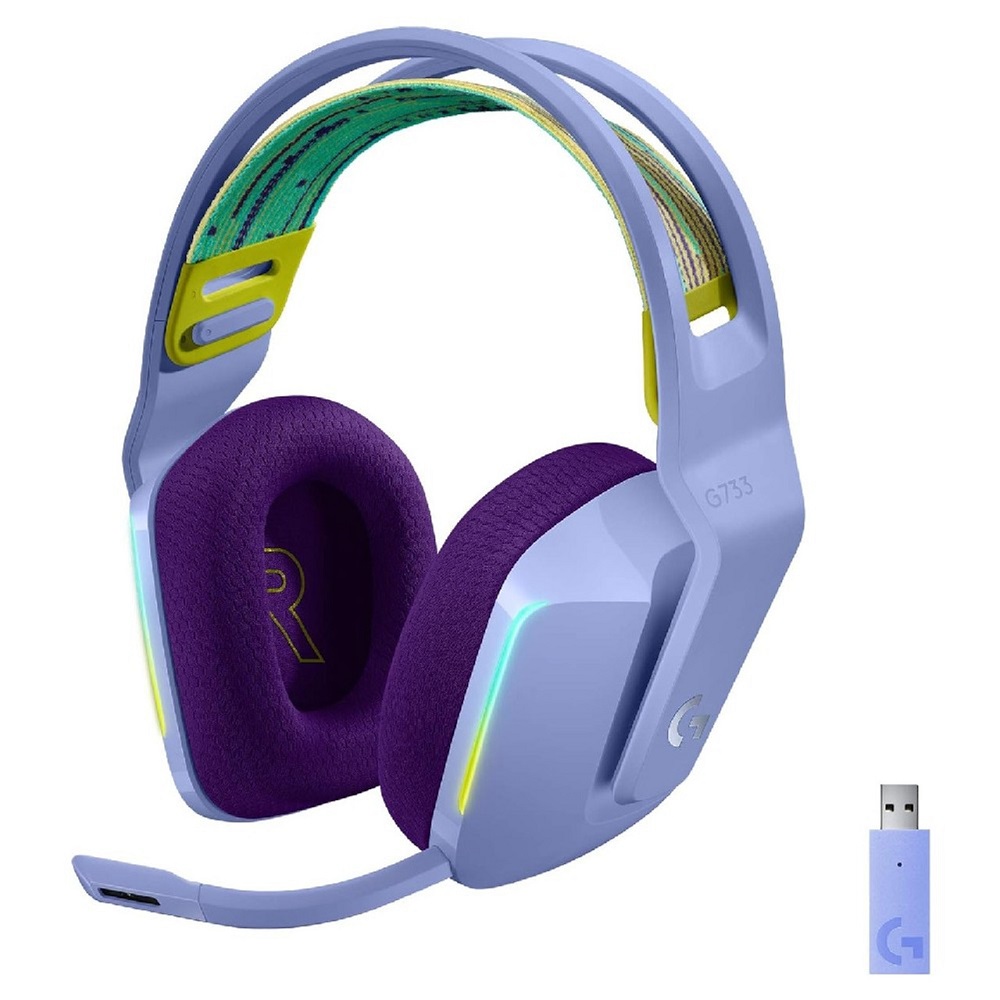
Check for Firmware Updates
Keep Your Software Up to Date
Many modern headsets, especially those with wireless capabilities, come with firmware that can be updated. Regularly check the manufacturer’s website or accompanying software for updates. New firmware can enhance performance, fix bugs, and even add new features, ensuring your headset operates at its best. Manufacturers often optimize sound quality and connectivity through updates, enabling you to take advantage of enhancements that improve your listening experience.
Enhance Functionality
Updating the firmware can also improve audio quality and connectivity. Many manufacturers release updates based on user feedback, so keeping your headset’s software current means you benefit from the latest enhancements. This proactive approach to maintenance can make your headset more reliable and enjoyable to use. An up-to-date firmware version can resolve connectivity issues with devices and minimize lag, especially important in gaming scenarios where timing is everything.
Handle with Care
Be Gentle with Adjustments
When adjusting your headset, always do so gently. Avoid excessively pulling on the headband or twisting the hinges, as this could result in damage over time. Headsets are designed to be flexible, but rough handling can weaken the materials. Taking your time during adjustments shows respect for the craftsmanship and extends the life of your gear. Proper handling not only makes your headset more durable but also helps maintain its comfort, leading to a better fit and sound isolation.
Be Mindful of Extension Cords
If you use extension cords or adapters, ensure they are compatible with your headset. Poor-quality cables can lead to sound distortion or may even damage your headset. When connecting and disconnecting cables, do so gently to prevent undue stress on the connectors. A careful approach will help maintain the integrity of your audio gear. Ensuring that all connectors fit snugly without excessive force can also minimize the risks of wear and tear.
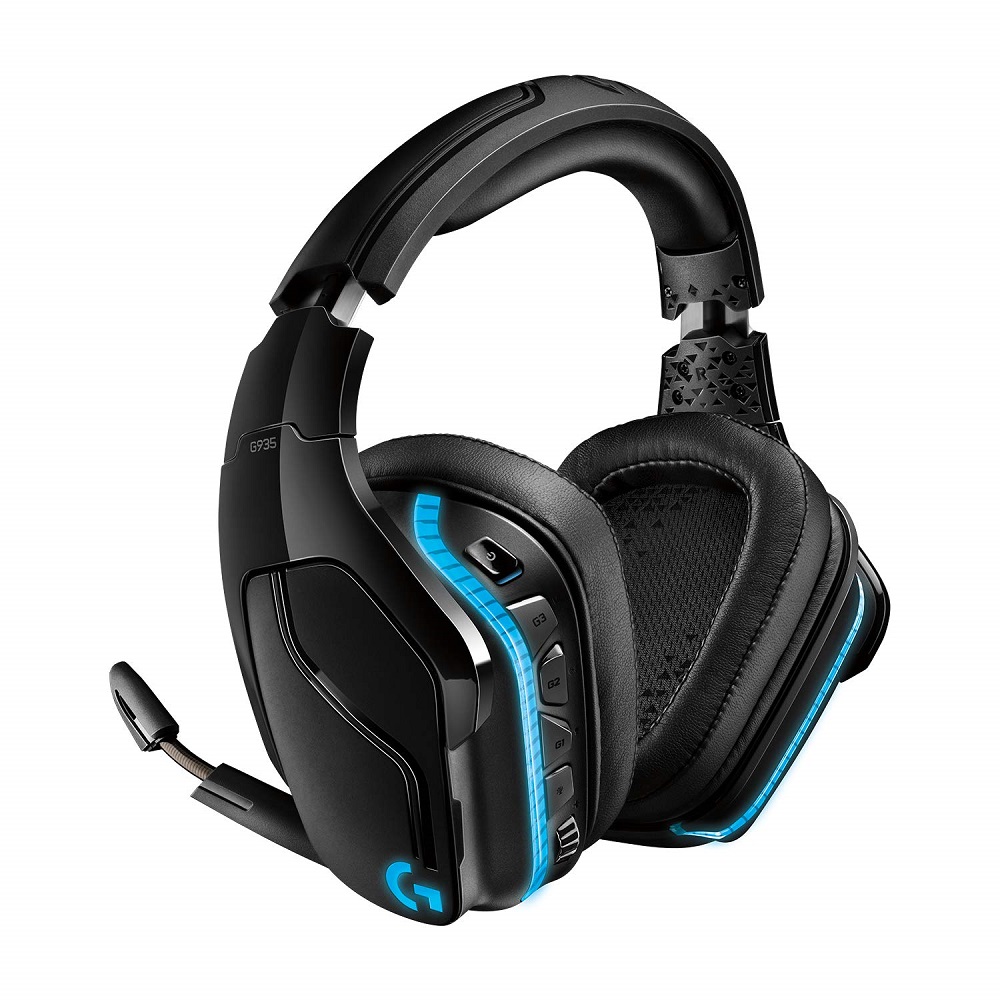
Monitor Battery Health for Wireless Headsets
Regularly Charge Your Headset
For wireless headsets, battery health is crucial. Don’t let your headset battery die regularly; this can shorten its lifespan. Instead, charge it when it reaches about 20-30% battery life. Over time, lithium-ion batteries can degrade if allowed to completely discharge frequently. Setting a routine where you regularly charge your headset can help maintain optimal battery performance and longevity. Additionally, consider using a quality charger specifically designed for your headset to avoid potential issues.
Avoid Overcharging
Similarly, avoid leaving your headset plugged in for extended periods after it reaches full charge. Overcharging can lead to battery swelling and decreased battery capacity over time, which can impact performance. If you have a wireless headset, familiarize yourself with its charging cycle and try to unplug it shortly after it is fully charged. Some headsets come with built-in features to prevent overcharging, so consider investing in models with this capability.
Use the Right Accessories
Quality Cables and Adapters
Using high-quality cables and adapters prevents potential issues. Poor-quality accessories can lead to sound distortion or may even damage your headset. Whenever possible, opt for manufacturer-approved accessories to ensure compatibility and optimal performance. Quality accessories can enhance your experience and safeguard your equipment. The right cables also reduce the risk of interference, providing a clearer sound and more stable connectivity.
Consider Ear Pads and Covers
If your headset allows for interchangeable ear pads, explore the options available. You can find ear pads made from different materials, providing varying levels of comfort and sound isolation. Additionally, using protective covers can keep your ear cushions intact, especially if you frequently take your headset on the road or travel often. Investing in accessories that enhance comfort and durability can make a significant difference in your experience. Proper ear pads can help in achieving a better seal against outside noise, allowing for a more immersive audio experience.
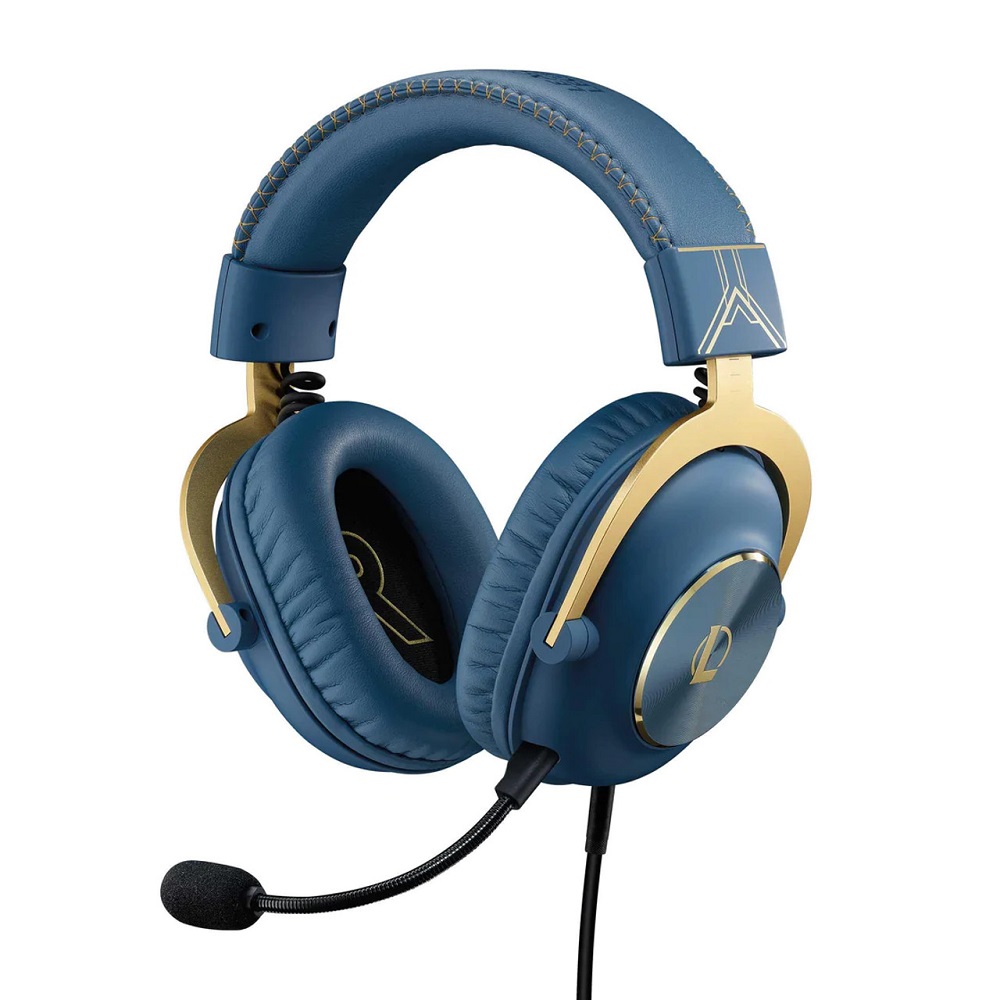
Know When to Replace Your Headset
Recognize the Signs of Wear
Even with excellent maintenance, eventually, all headsets will show signs of wear. Be vigilant about recognizing the signals that indicate it may be time for a replacement. Common signs include diminished sound quality, frequent connectivity issues, or physical damage to the headband or cushions. If you find yourself experiencing regular issues despite maintaining the headset, it might be time to consider a new one. Listening to your headset can also provide clues; if you notice any unusual sounds or distortions, it’s worth investigating further.
Assess Your Needs
When considering a replacement, assess your current needs. Technology is always advancing, and you may find features in newer models that meet your evolving requirements. Whether you need better noise cancellation, superior sound quality, or longer battery life, evaluating these aspects can help you make an informed choice for your next headset. Factors like ergonomics and additional functionalities, such as touch controls or voice assistant integration, may also influence your decision.
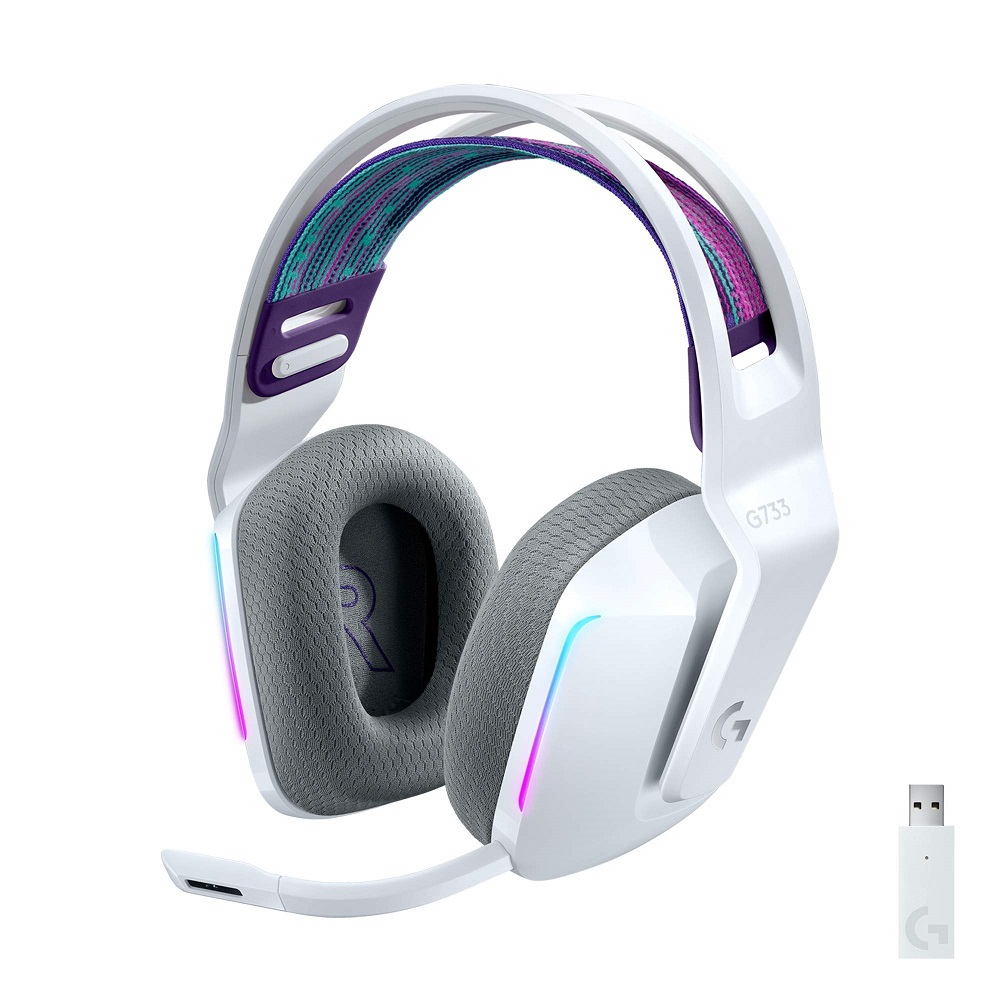
Elevate Your Experience with Proper Maintenance
Maintaining your headset is crucial for enjoying optimal performance and extending its lifespan. Regular cleaning, proper storage, and careful handling contribute to a better overall experience. Whether you’re gaming, taking calls, or enjoying music, your gear deserves the best care possible.
Implementing these maintenance tips will not only enhance the longevity of your headset but will also ensure that you get the most out of your audio experience. Stay proactive in your approach to headset care, and enjoy clear sound and comfortable wear for years to come. With consistent effort and care, your headset can continue to provide an exceptional experience, letting you fully immerse yourself in whatever sound experience you choose to pursue. By treating your gear well, you can focus on what truly matters: the sounds that enrich your life and enhance your activities.
